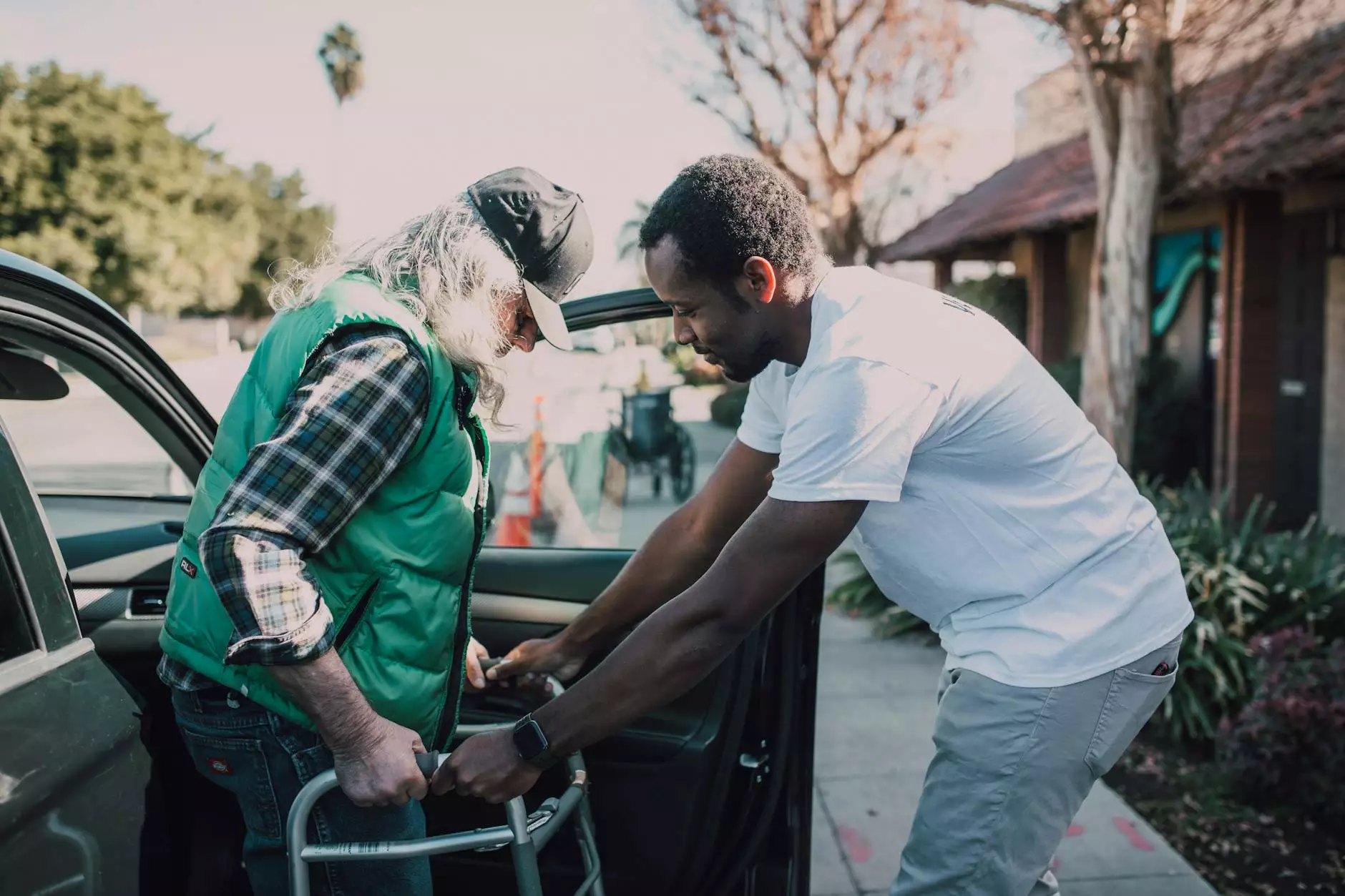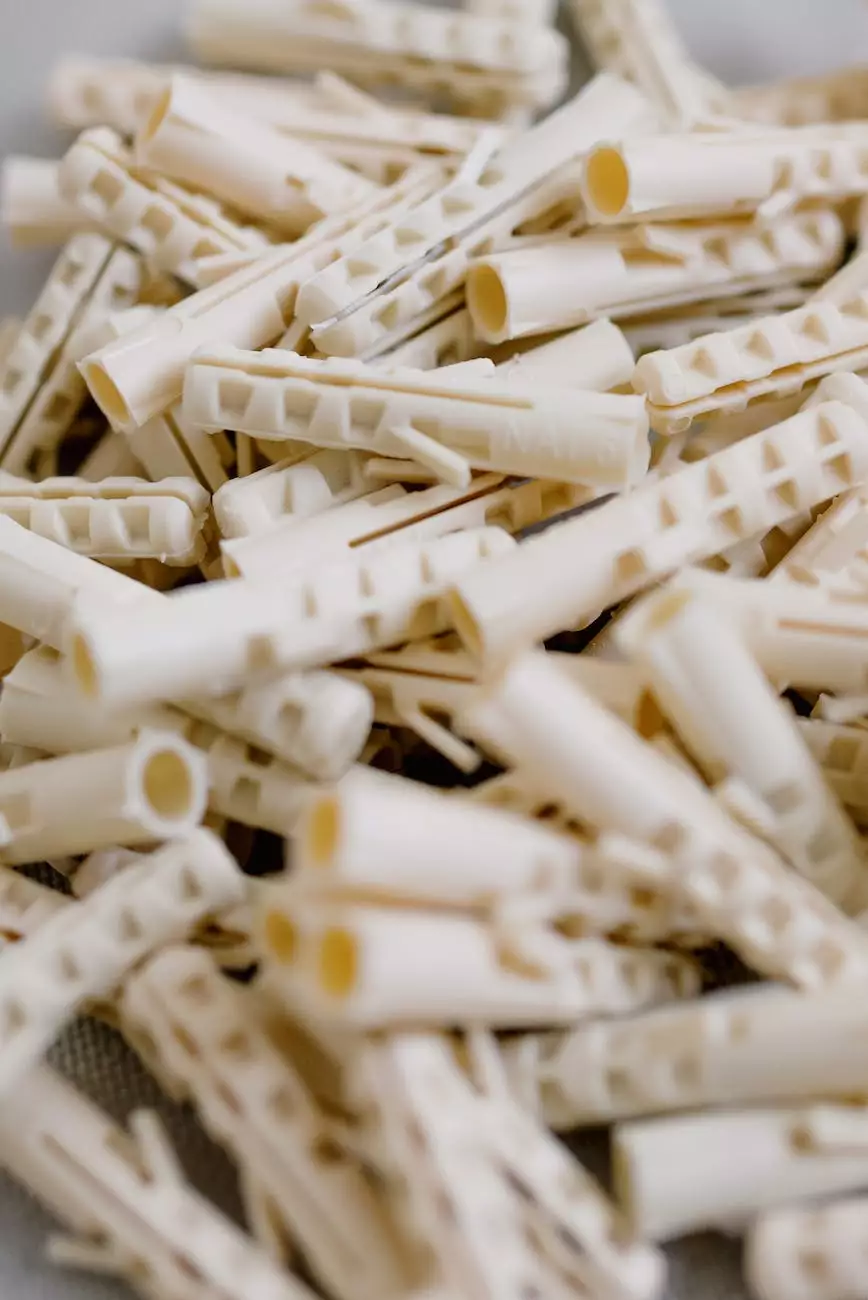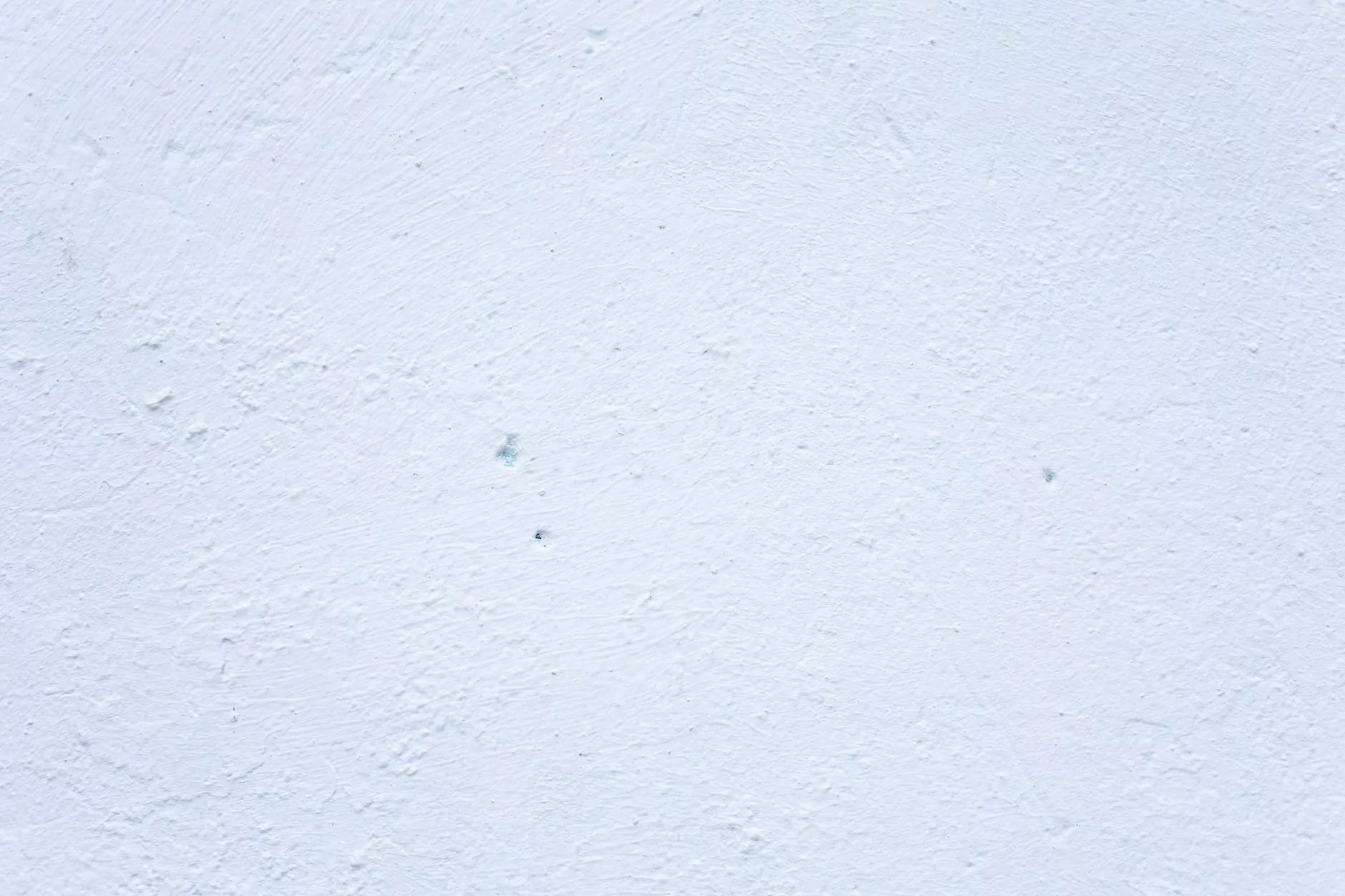Clean Garage Walls Before Painting [Tips]
Storage
Welcome to Screens Unlimited! As experts in business and consumer services, we understand the importance of maintaining a clean and organized space. When it comes to painting your garage, a crucial step that is often overlooked is properly preparing the walls. In this detailed guide, we will provide you with tips and insights on how to clean garage walls before painting, ensuring a professional and lasting finish.
Why Clean Garage Walls Are Essential
Before delving into the actual cleaning process, it's essential to understand why cleaning garage walls before painting is a crucial step. Not only does it ensure better paint adhesion, but it also helps in removing dirt, grease, and other contaminants that might affect the finish. Cleaning garage walls will help your paint job last longer and maintain its appearance over time.
Tools and Materials Needed
Before you begin cleaning your garage walls, gather the necessary tools and materials:
- Bucket
- Sponge or soft cloth
- Mild detergent or wall cleaner
- Warm water
- Protective gloves
- Drop cloth or plastic sheeting
- Scrub brush or scrub pad
- Paint scraper (if needed)
Cleaning Steps
Step 1: Clear the Area
Start by clearing your garage of any items or furniture that may hinder the cleaning process. This will ensure easy access to all surfaces and prevent any potential damage to your belongings during the cleaning and painting process.
Step 2: Dust and Debris Removal
Using a dry cloth or a vacuum cleaner, remove any loose dust and debris from the garage walls. This step will prevent particles from mixing with your cleaning solution and scratching the walls during the cleaning process.
Step 3: Prepare the Cleaning Solution
Fill a bucket with warm water and add a mild detergent or wall cleaner. Ensure that you follow the manufacturer's instructions for the proper dilution ratio. Alternatively, you can also use a mixture of warm water and vinegar, which acts as a natural cleaner for walls.
Step 4: Test the Cleaning Solution
Before applying the cleaning solution to the entire wall, it's essential to test it on a small, inconspicuous area first. This test will determine if the solution is suitable for your specific wall surface and won't cause any damage or discoloration.
Step 5: Start the Cleaning Process
Dampen a sponge or soft cloth in the cleaning solution and gently scrub the garage walls in a circular motion. Focus on one section at a time, ensuring thorough coverage. For stubborn stains or grease, use a scrub brush or scrub pad to remove them gently.
Step 6: Rinse the Walls
After cleaning each section, rinse the walls with clean water to remove any leftover cleaning solution. This step is crucial to prevent any residue or soap film from interfering with the paint adherence.
Step 7: Allow the Walls to Dry
Once you've finished cleaning, allow the garage walls to air dry completely. This will ensure that there is no moisture left, which may impact the paint application process.
Final Thoughts and Recommendations
Cleaning your garage walls before painting is an essential step that should not be overlooked. By following these steps outlined by Screens Unlimited, you can ensure proper preparation and achieve a successful painting project. Remember, attention to detail and thoroughness are key to achieving professional-grade results.
We recommend wearing protective gloves throughout the cleaning process and using a drop cloth or plastic sheeting to protect your floor and other surfaces from any drips or splatters. If you encounter any particularly stubborn stains or peeling paint during the cleaning process, it may be necessary to use a paint scraper or consider repairing the damaged area before proceeding with painting.
By taking the time to clean your garage walls properly, you are setting the foundation for a high-quality paint job that will not only enhance the aesthetics of your space but also ensure long-lasting durability.
For more expert advice and tips on home improvement projects, make sure to visit the Screens Unlimited blog regularly. We cover a wide range of topics to help you make informed decisions and achieve outstanding results in your DIY endeavors.










